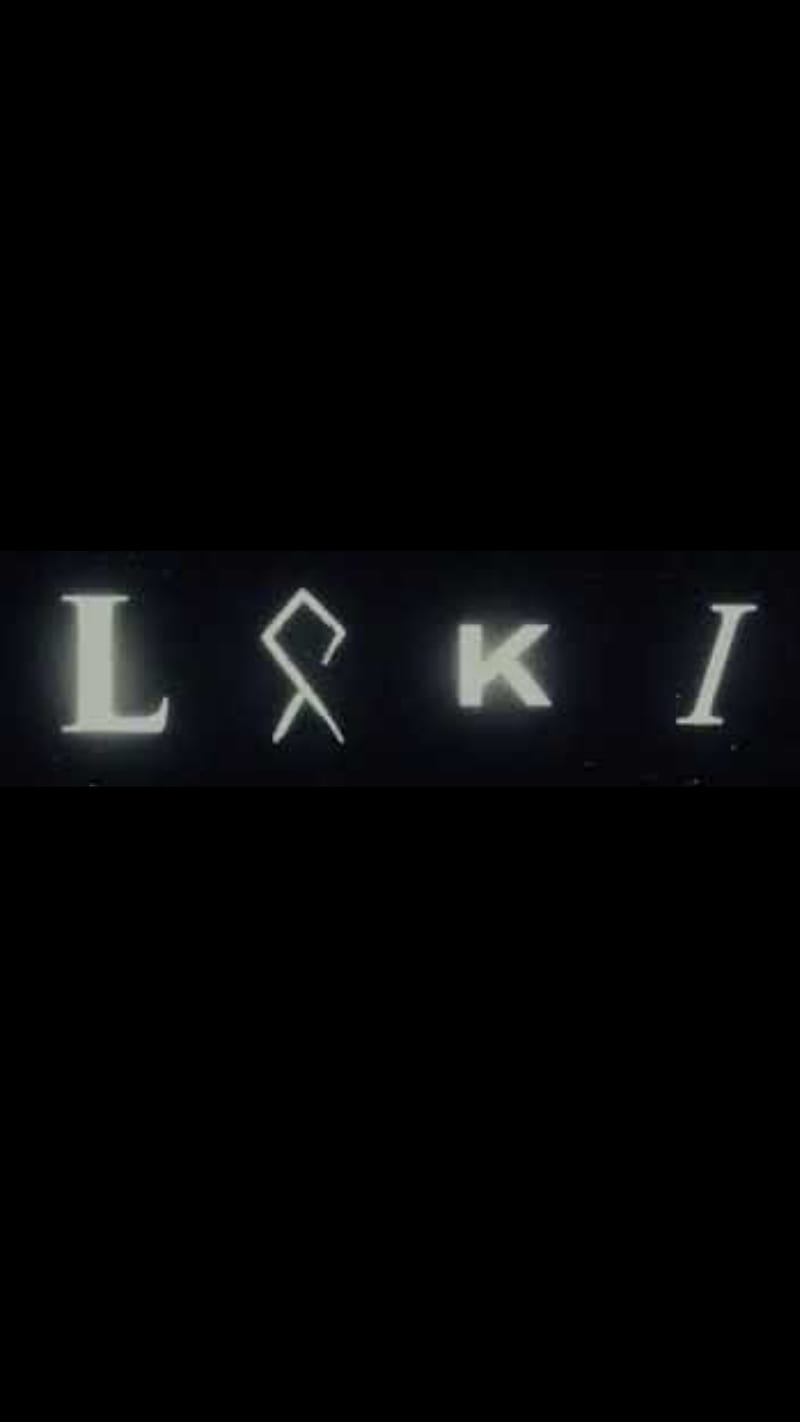loki's unnecessarily inglorious purpose.
During my current re-watch of Loki S1E1, the Mobius interviewing Loki scene raises the question beyond the MCU of Loki as a mechanism within the Norse Lore:
Mobius: You weren't born to be king, Loki. You were born to cause pain and suffering and death. That's how it is, that's how it was, that's how it will be.
[shows the Avengers one final time]
Mobius: All so that others can achieve the best versions of themselves.
Outside of this nice bit of character study breakdown, this not-so-glorious incidental purpose doesn't justify Loki's decisions or actions within the Norse Lore. It's been argued that if one removes Loki from the myths, then you really have no foil or proactive instigator that causes the stories to happen at all, but let's NorsePlay this to disprove that unjustified fallacy by actually pruning him from the Eddaic timeline.
Odin co-designs the whole Níuverse, wars then negotiates a peace with the Vanir to gain wonderfully advantageous hostages/allies in the process. Thor holds his own in Jotunheim against the giants without the hammer, as proven in the Skáldskaparmál against Geirröðr. Freyja bargains for the best necklace ever and Odin still would've wrangled her into the prestigious role as Chooser of Half the Slain. Iðunn never would've been abducted, perhaps gaining time to grow more efficacious apples, and thus giving the Gods more life for pro-action. Odds are Þjazi would've crossed a line in some other way versus the Æsir and gotten himself killed, and Skaði would've then joined up anyhow. Without someone troublesomely convincing the Gods to resort to the ease of deception for the wall of Asgard, they'd've worked out building something slower but equally defensive since if Odin's brotherly triumvirate can effectively boundary Midgard using a dead mega-giant's eyelashes, then a large wall for Asgard's no great shakes. Ótr is not killed for his pelt, avoiding the curse and long string of tragedy caused by the Nibelungs' treasure, perhaps allowing the Gods to guest and maybe even friend King Hreiðmarr, and Sigurdr to heroically deed longer. No Fenrir, no Jormungandr, no Hel, though this leaves a lessened but still major threats of the Hrimthursar, Eldjötnar, and an army of the dishonourable dead. And most importantly, Baldr doesn't fall victim to anyone's envy, thus staving off Ragnarök.
Better for everyone, right? And we even get room for additionally awesome divine & heroic stories, yah?
So while the role of the trickster works to propel the stories as they are, we can dismiss the idea that Loki is a necessary causal antagonist within the Lore as the idea of his having an intrinsic value doesn't hold because within an honor-based reputation culture the bottom line is you can't trust the Trickster.
| [President Loki gets betrayed by other versions of himself (S1E5). Go figure.] |
Guillermo Maytorena IV knew there was something special in the Norse Lore when he picked up a copy of the d'Aulaires' Norse Gods and Giants at age seven. Since then he's been fascinated by the truthful potency of Norse Mythology, passionately read & studied, embraced Ásatrú, launched the Map of Midgard project, and spearheaded the neologism/brand NorsePlay. If you have employment/opportunities in investigative mythology, field research, or product development to offer, do contact him.


Comments
Post a Comment